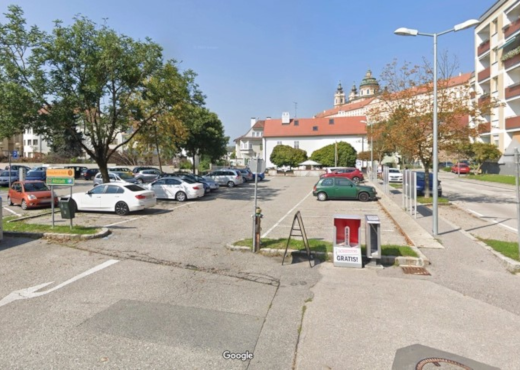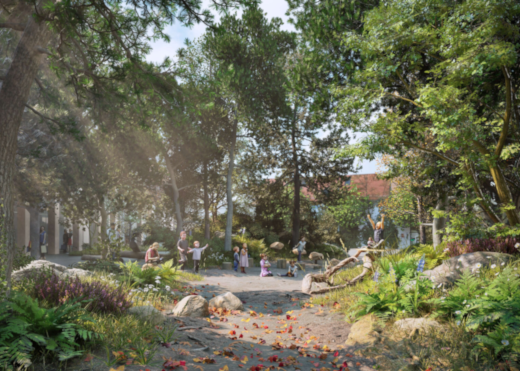Climate Quarter Melk
Publications
Starting point / motivation
Our climate has already changed considerably and the effects of climate change are becoming increasingly noticeable. Our main focus is on the existing city: this is where comprehensive, radical, neighbourhood-wide and effective climate change adaptation measures must take place.
However, the challenges in the existing city are particularly complex: such transformations are particularly challenging due to established structures, small-scale ownership and tenure relationships, different user structures and legal requirements, standards and liability conditions. Even more so when they go beyond individual properties and aim to involve entire neighbourhoods with the active participation of all relevant stakeholders.
Added to this are the often major constructional interventions associated with a radical neighbourhood transformation and corresponding large quantities of material movements and CO2 emissions, which could potentially counteract the goal and benefits of the entire project.
A lack of financing options, especially from less financially strong municipalities or private owners, as well as legal or organizational obstacles, then ultimately usually lead to compromises that are considered the current standard for climate-friendly districts, but can only partially overcome the upcoming climate change-related challenges.
Contents and goals
The focus of the project is therefore twofold – first on the planning implementation of an effective, climate-resilient neighbourhood transformation of an inner-city area with mixed use with a significantly above-average, holistic effect and impact validation as well as an increase in the quality of life compared to current redesigns of neighbourhood squares and streets using the example of the city of Melk.
In terms of construction, the climate forest will be implemented in the centre of this neighbourhood development within the project duration and will serve as a co-creation hub for the transformation of the entire area for the general population.
The city of Melk has been working on this project for 10 years, partly in collaboration with the partners. A master plan and a traffic concept for the district transformation are already available, as well as a preliminary design including rendering for the first structural implementation within the area - from a parking lot to an inner-city climate forest and a traffic calmed zone.
Methods
The following areas are included in the holistic and comprehensive transformation approach:
- Climate change adaptation through innovative, radical, multifunctional nature-based solutions (NBS) with regard to sustainable rainwater management, thermal comfort, urban cooling and biodiversity using the example of the Melk climate forest.
- Circular economy: CO2 avoidance through the application of the circular soil concept and urban mining and the resulting significant savings in mass transport and machine use in the transformation of the parking lot into a climate forest.
- Climate protection in the areas of traffic (creation of a meeting zone, reduction of stationary traffic, increase in length of stay, promotion of multimodal transport concepts) and energy (reduction of cooling hours of adjacent buildings, optimization of lighting, creation of an urban plus-energy open space)
- Connectivity between open space and building in connection with the programmed open space.
Expected results
The project defines a standardisable way to radically increase the climate resilience of neighbourhood squares and streets using technically proven methods but with an innovative combination.
For the first time, an LCA analysis is used to compare the CO2 emissions of the radical, structural transformation with a different, but less radical, constructional transformation: Nibelungenplatz in Tulln, for example, serves as a reference, which is compared with the measures of the open space climate forest Melk.
Our thesis is that a comprehensive, holistic and radical structural transformation can achieve significantly better results due to greater synergies


Project Partners
Project management
Green4Cities
Project or cooperation partners
- Stadt Melk
- Superwien
- Rosinak&Partner
- Universität für Bodenkultur, Wien
- Wohnbundconsult
Contact Address
Doris Schnepf
Mariahilfer Straße 115/12
A-1060 Wien
Tel.: +43 (676) 67 00 215
E-mail: doris.schnepf@green4cities.com
Web: www.green4cities.com
